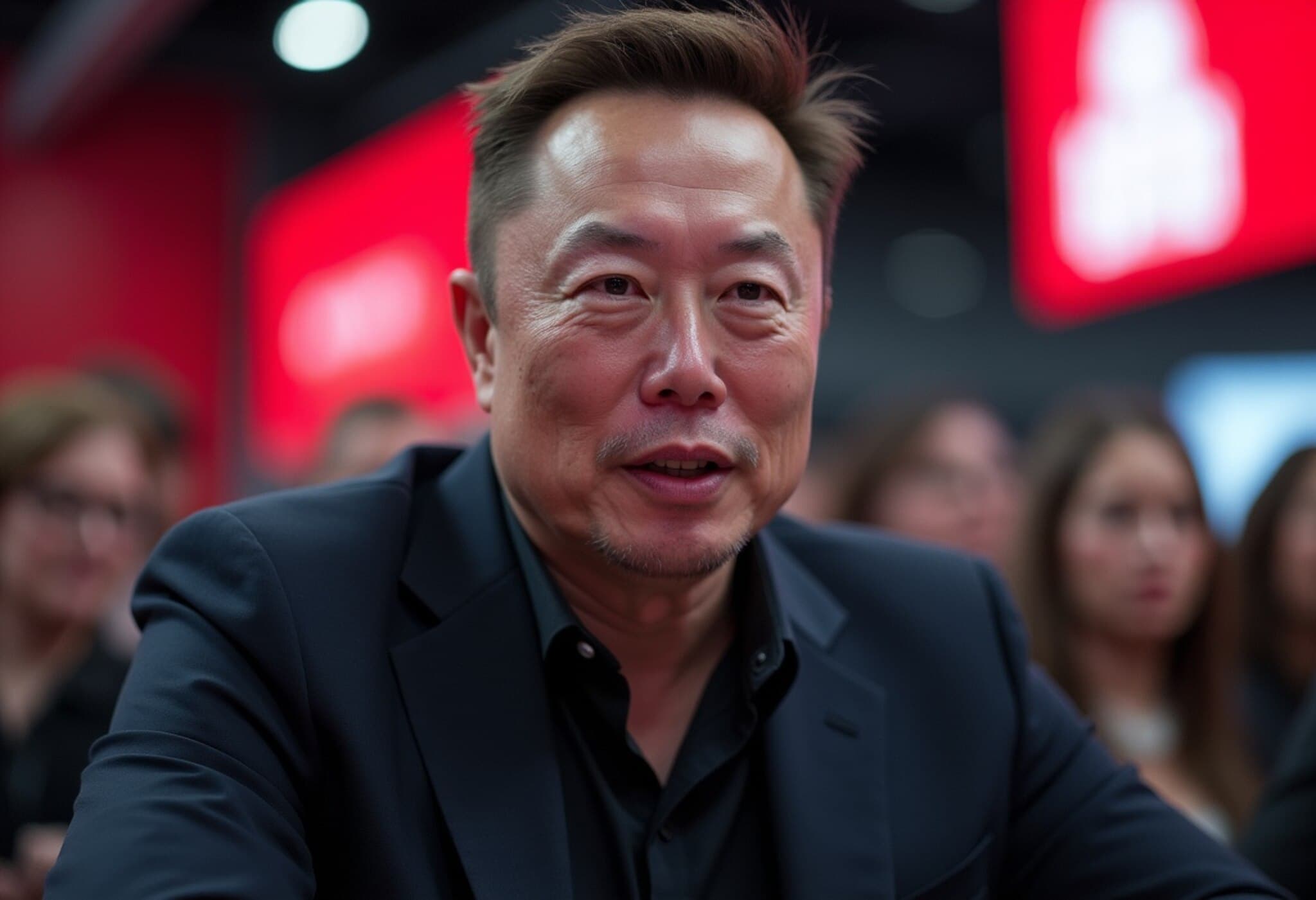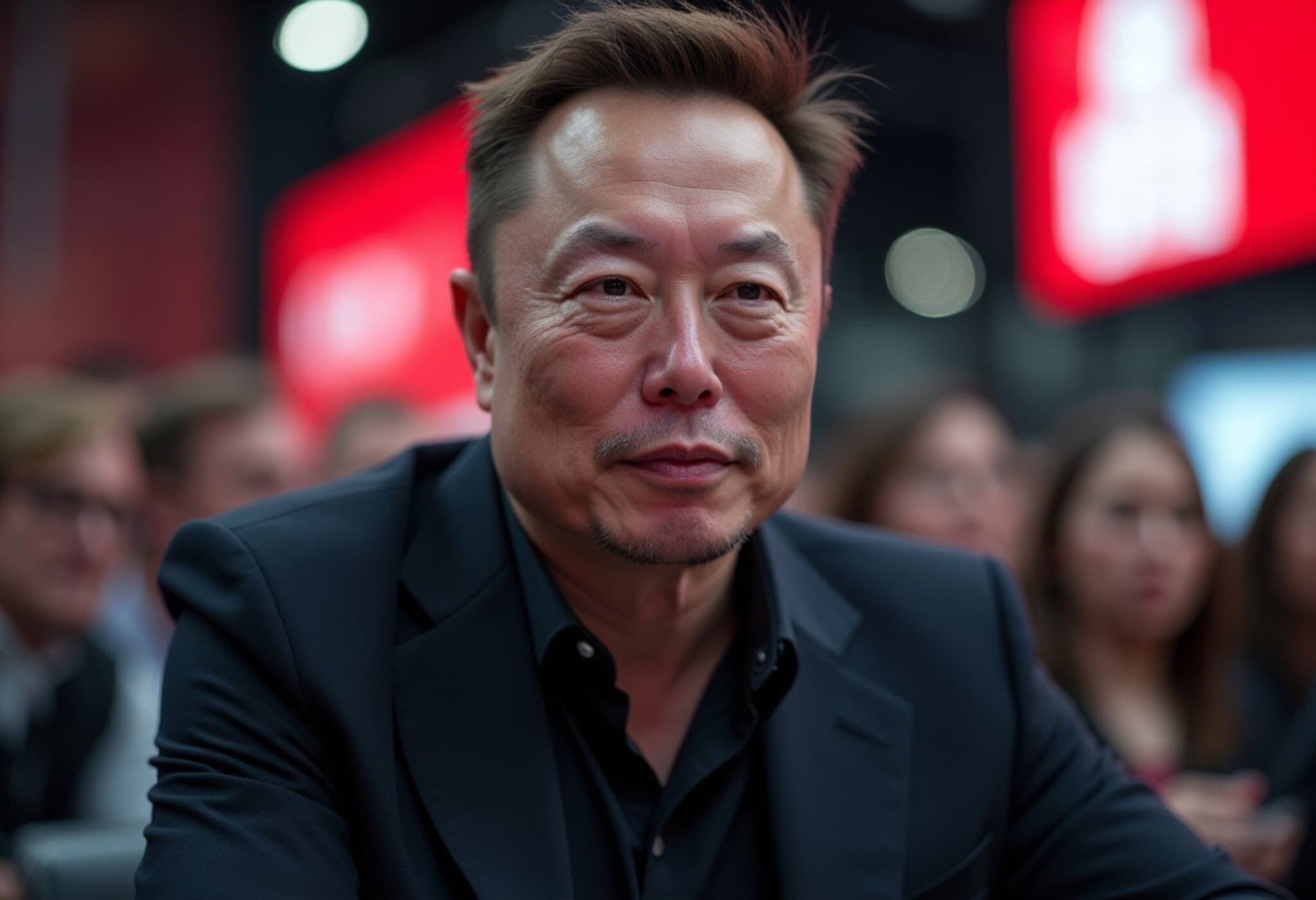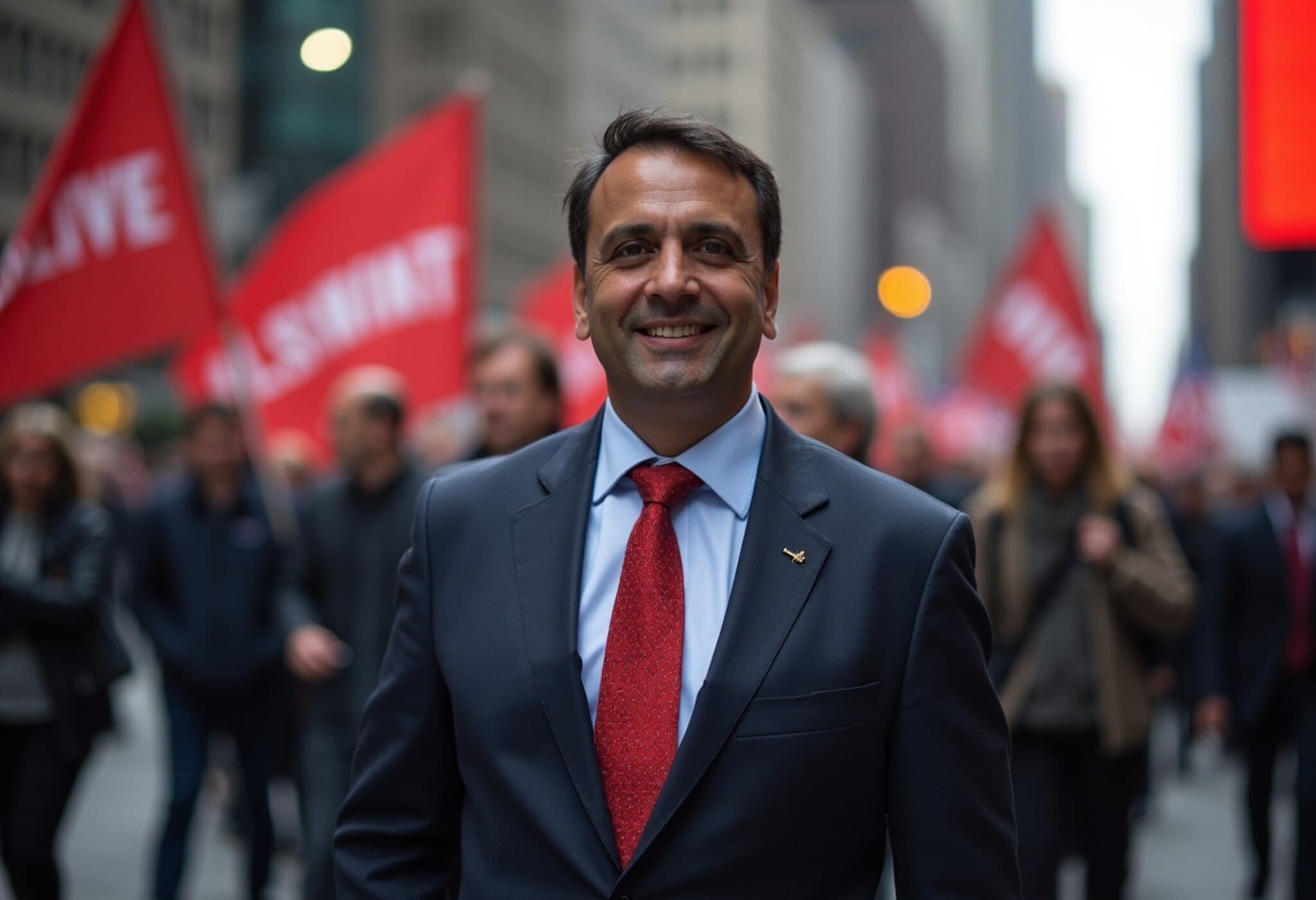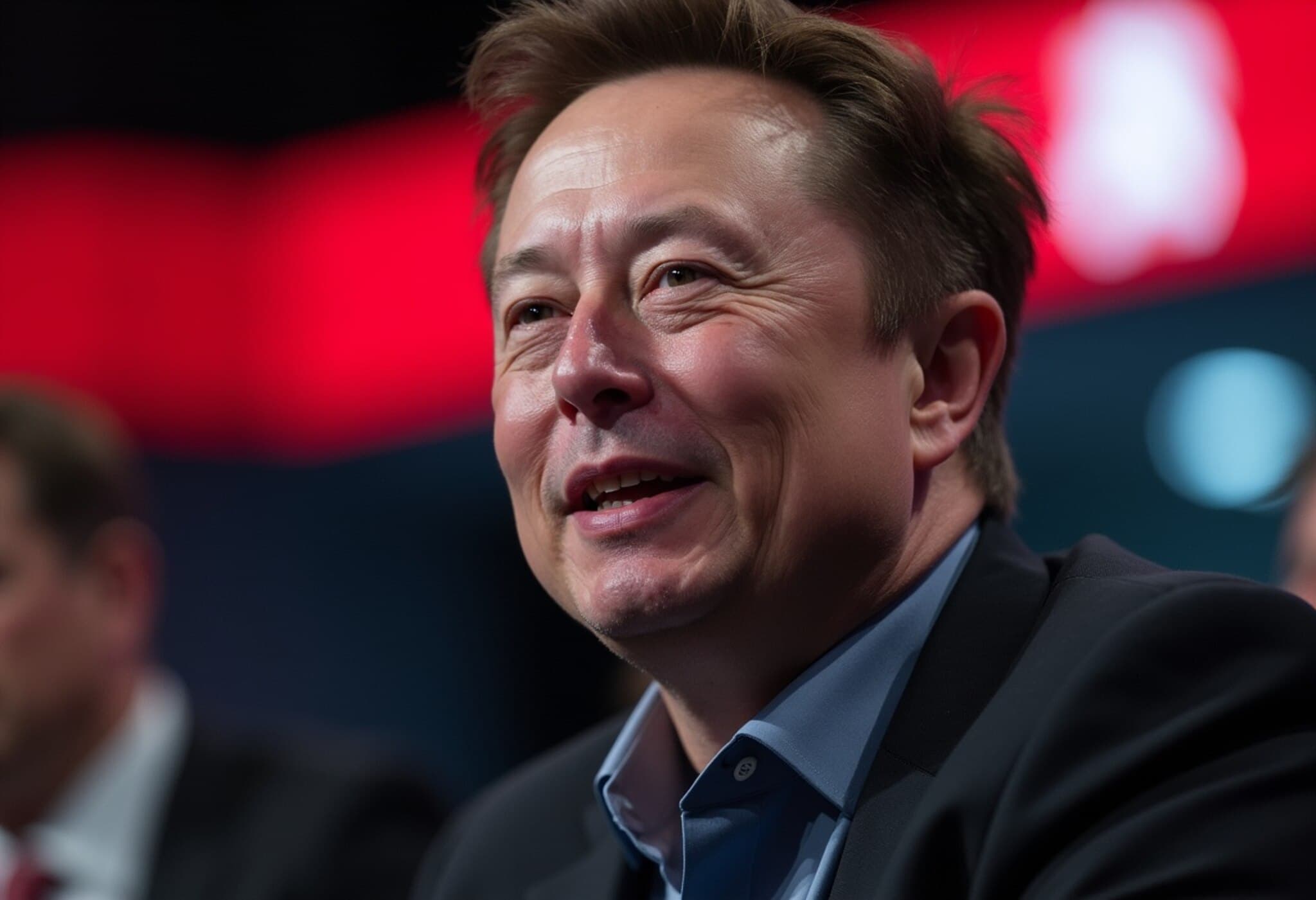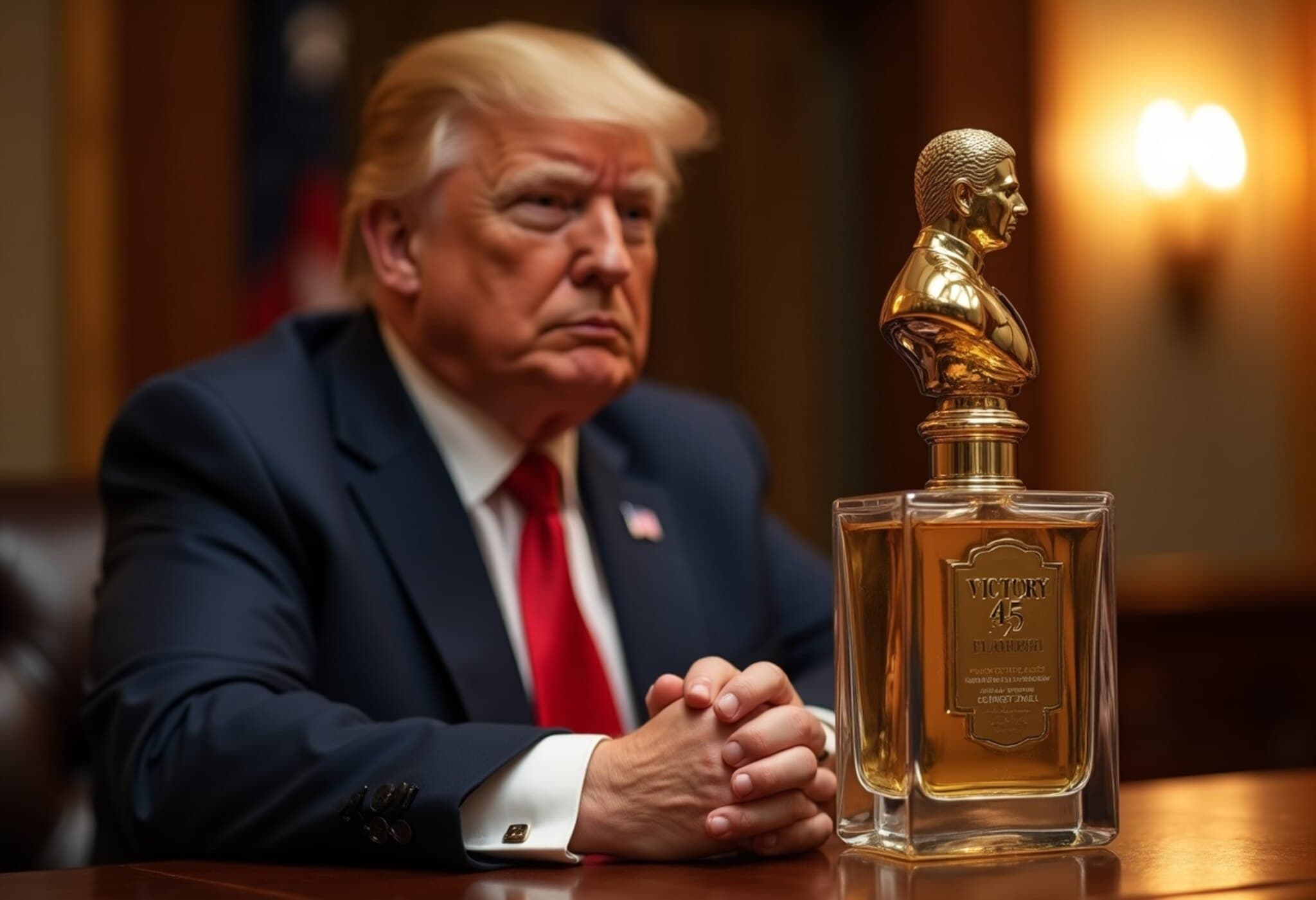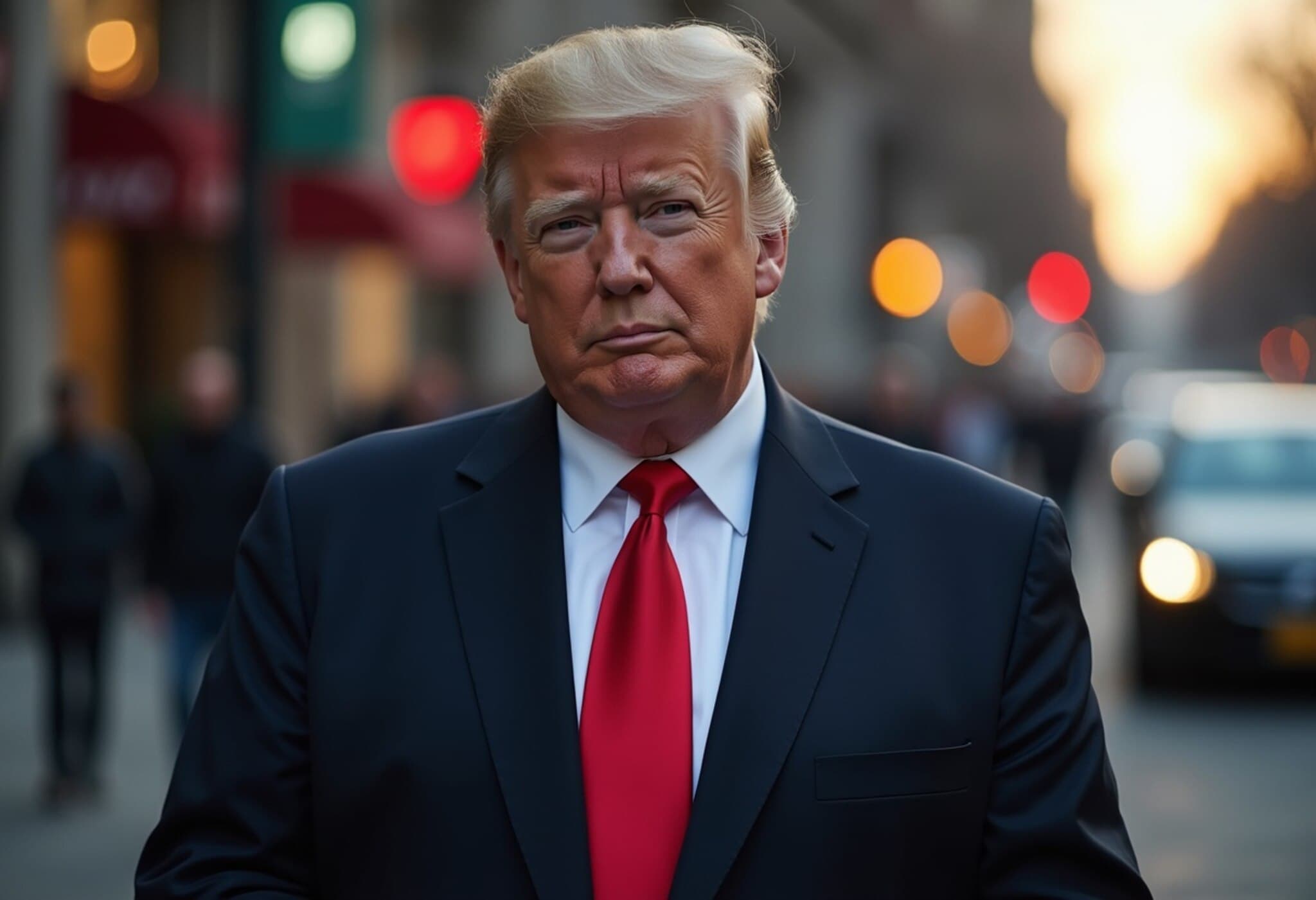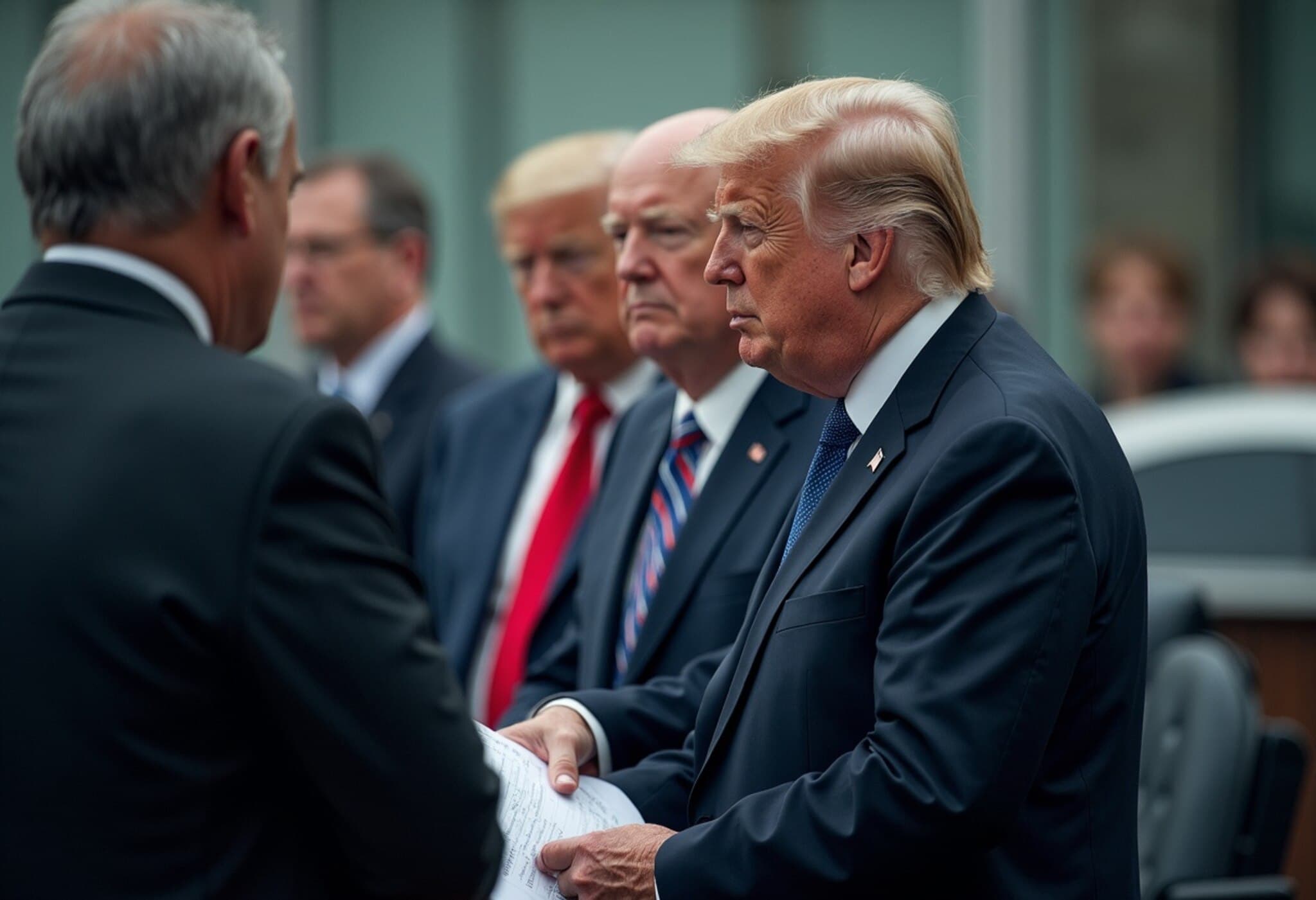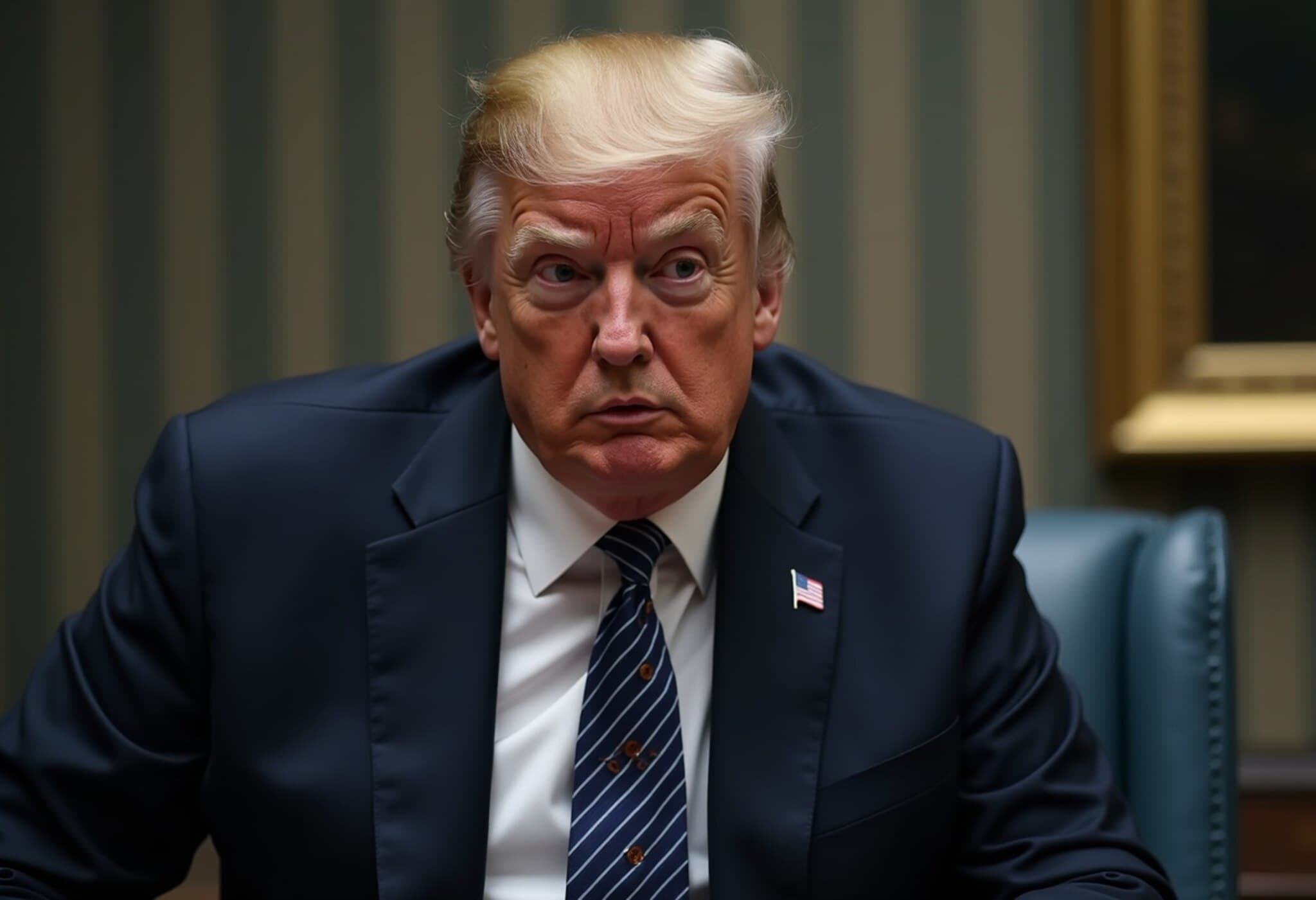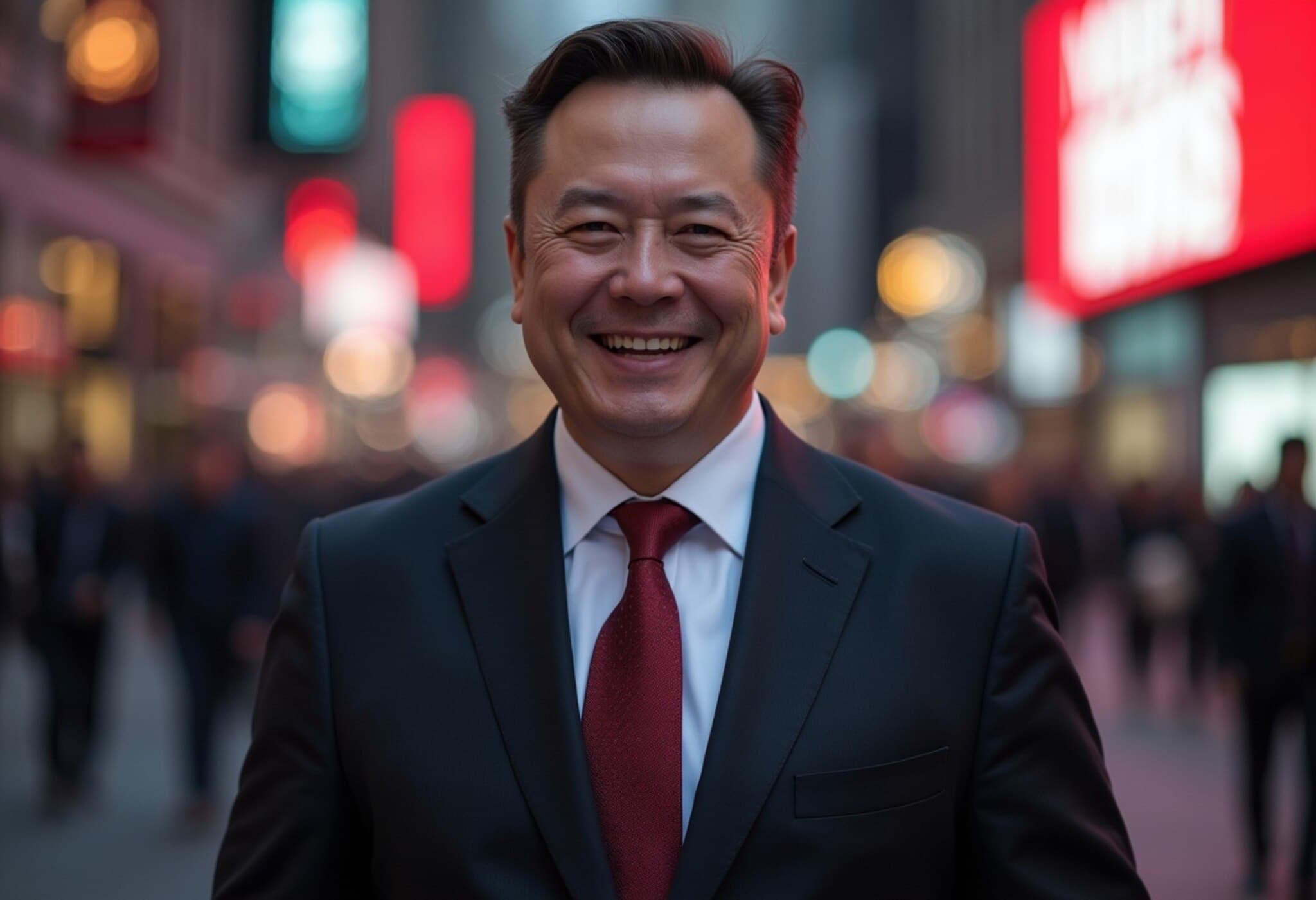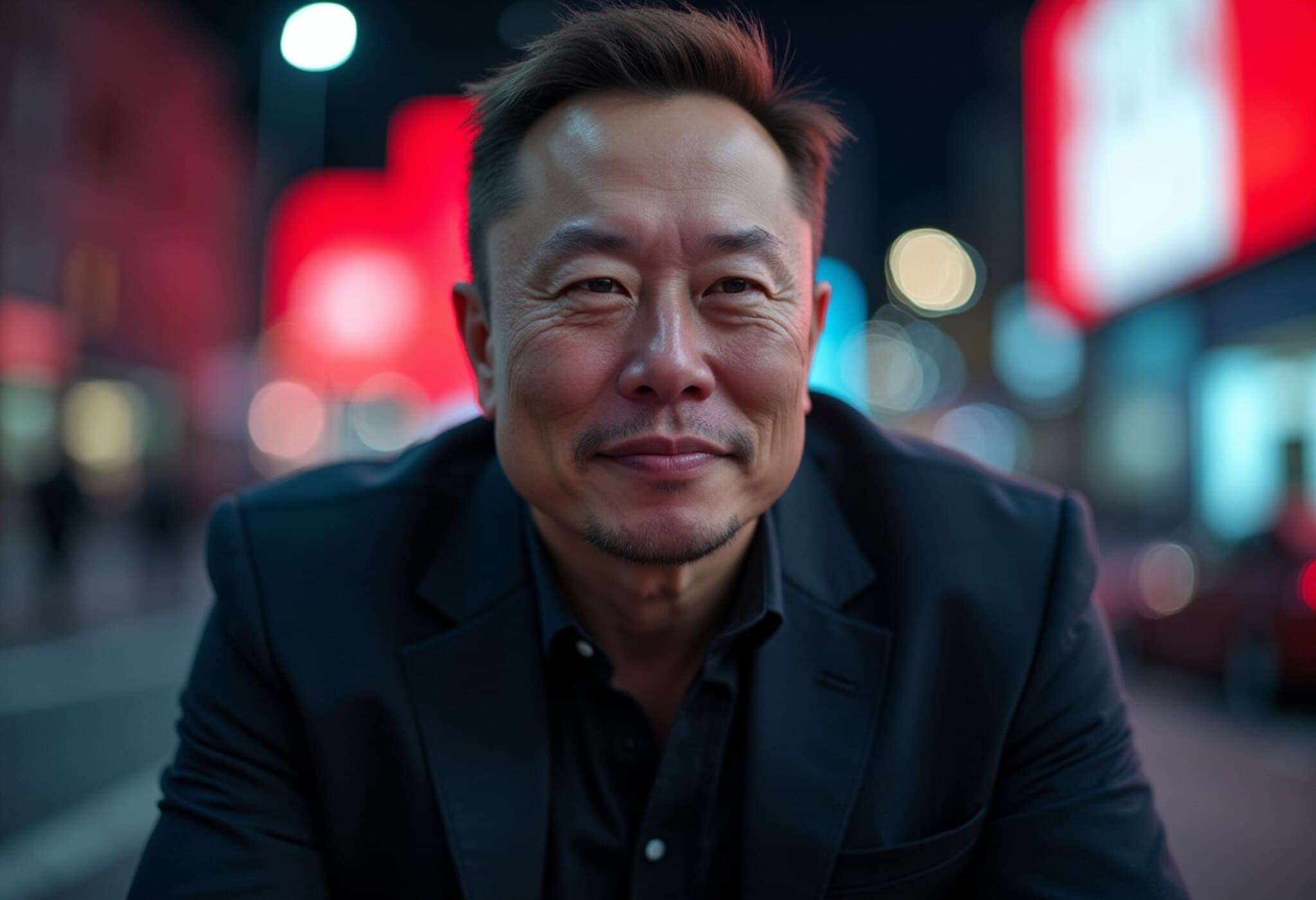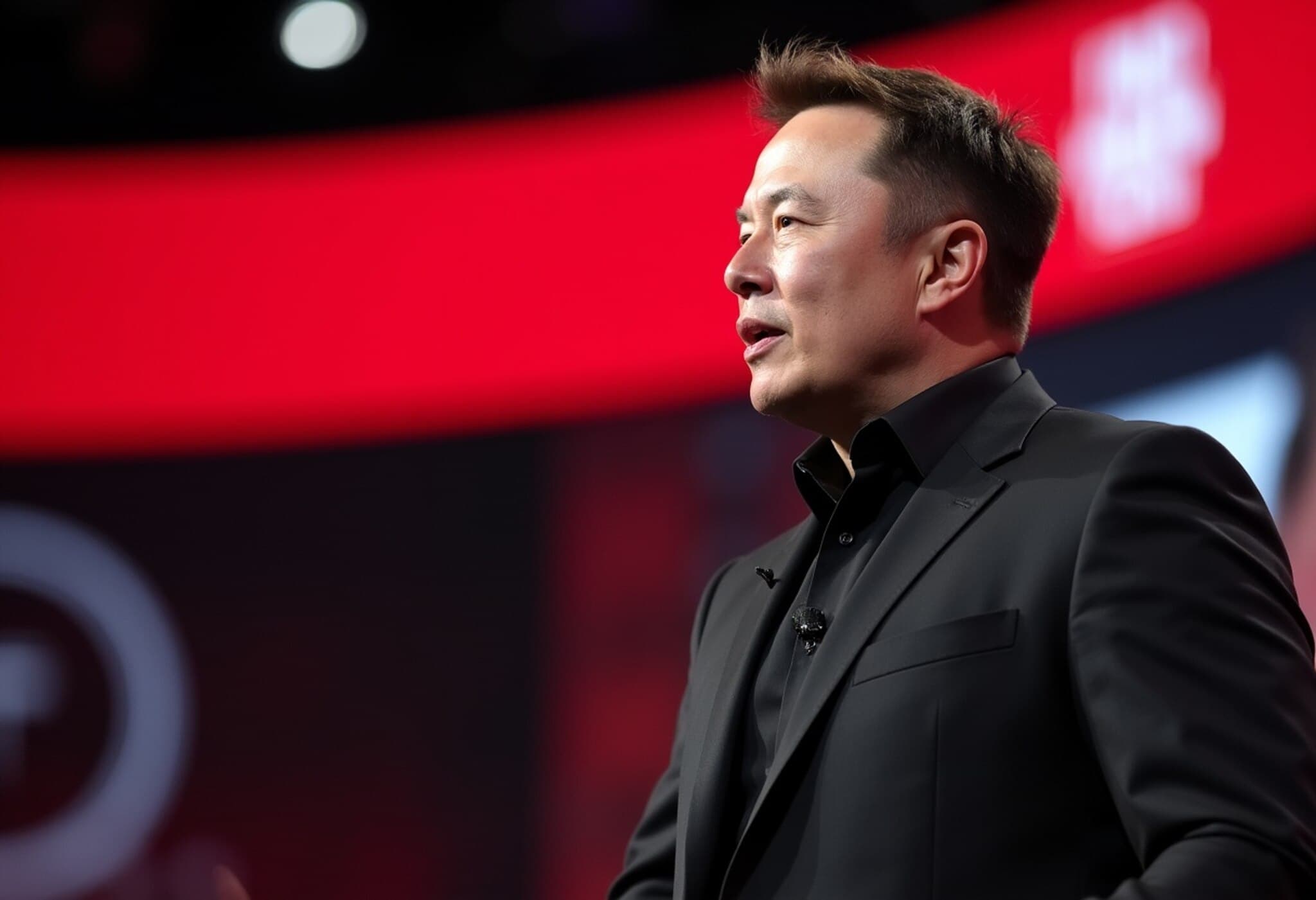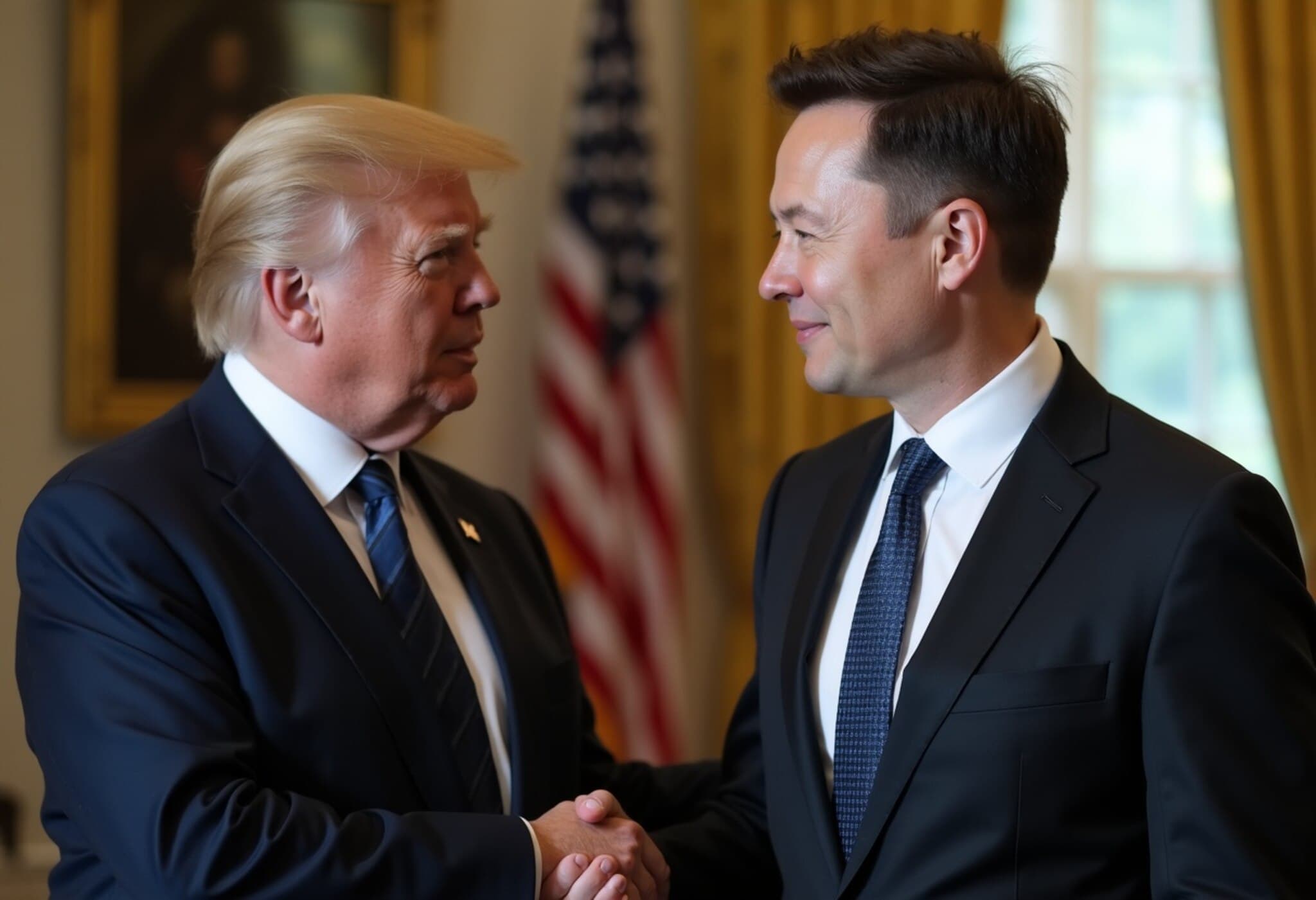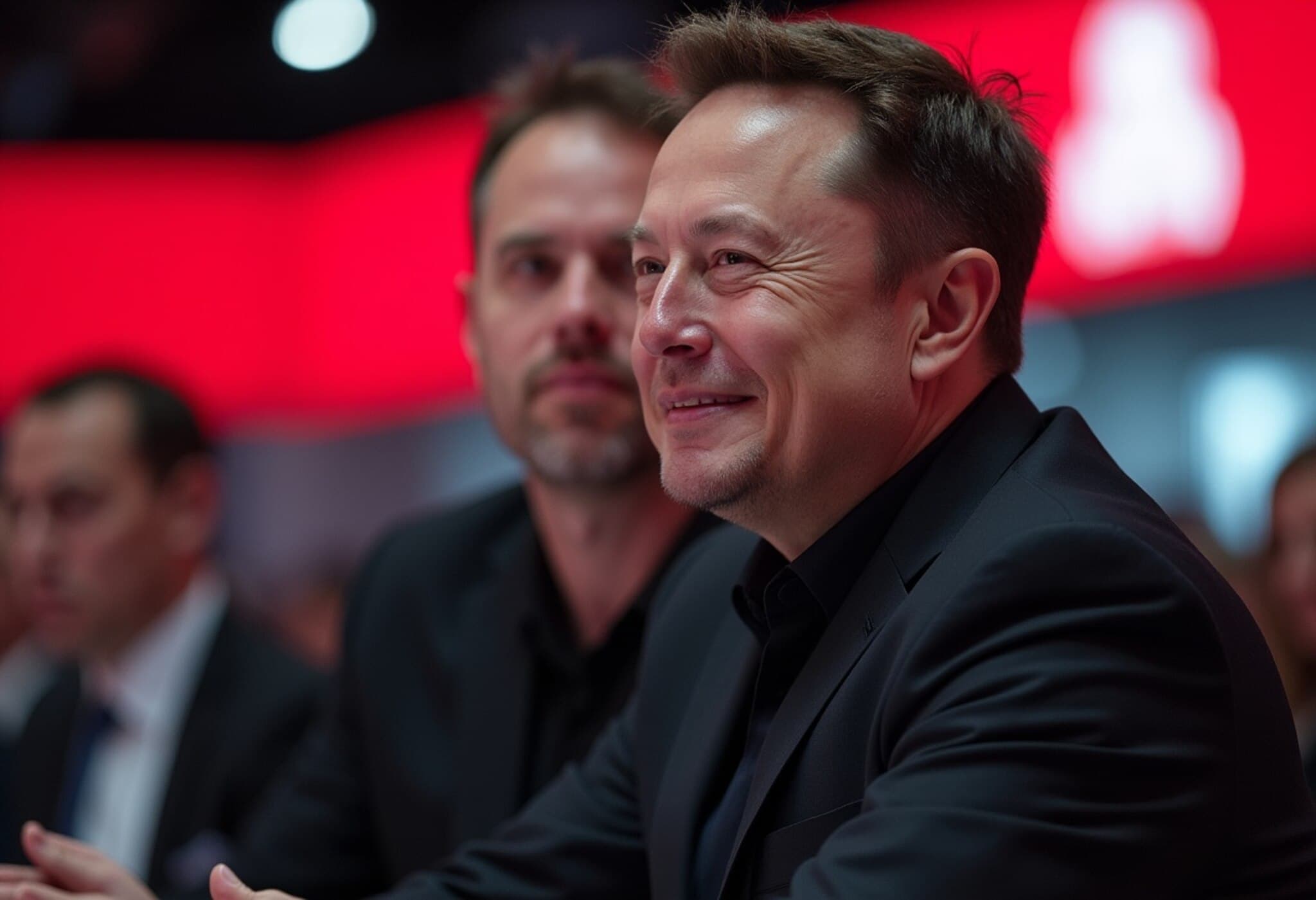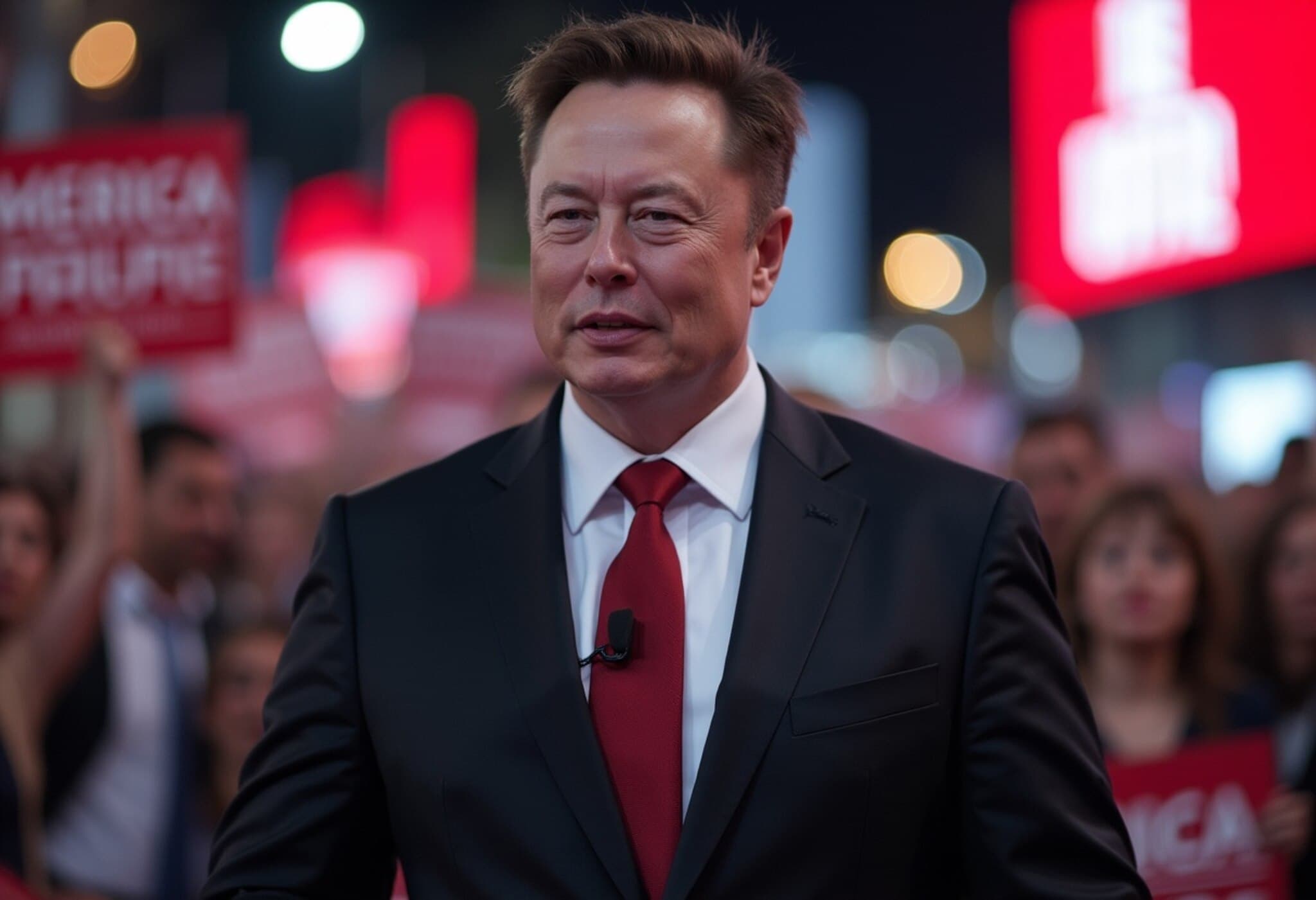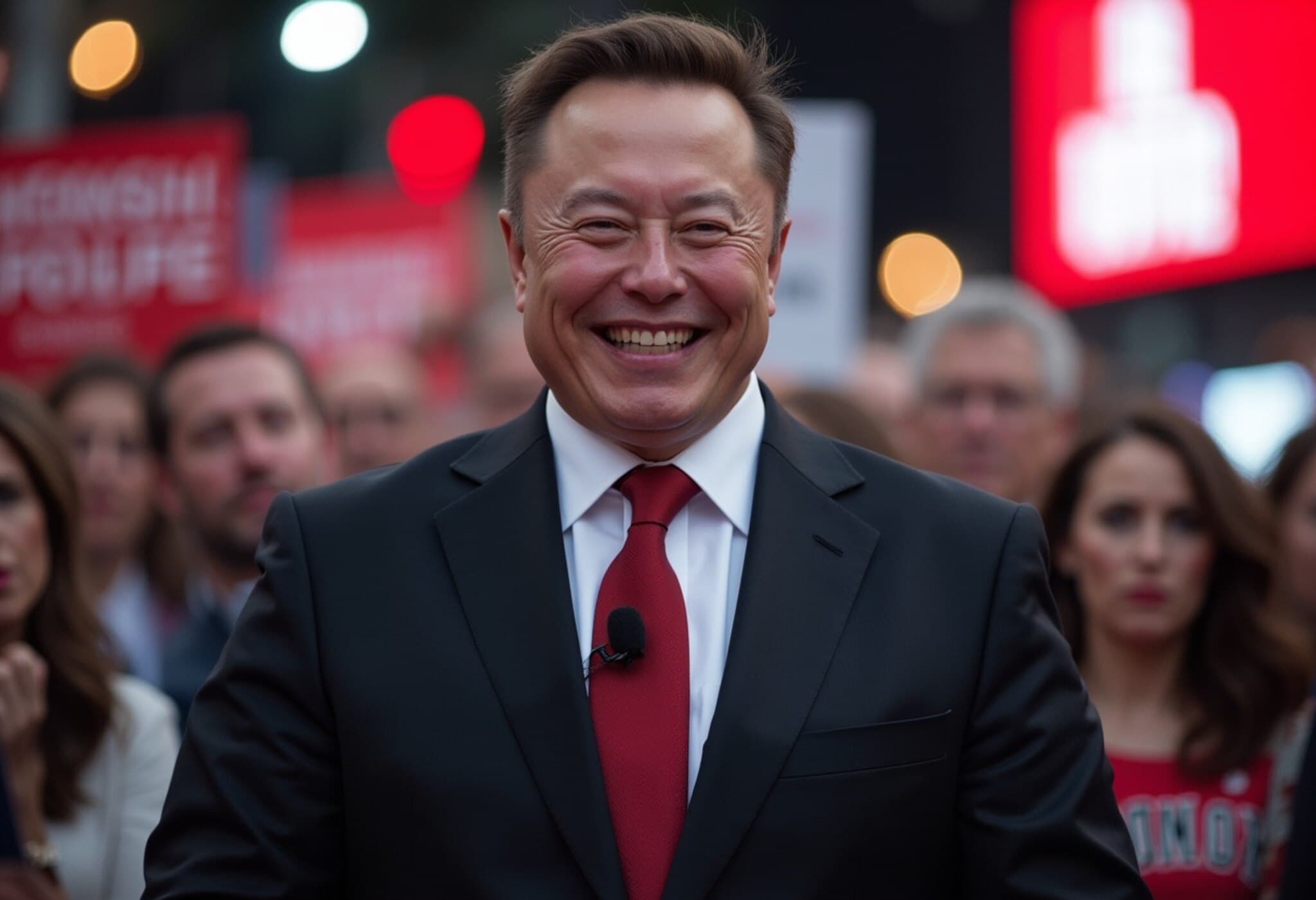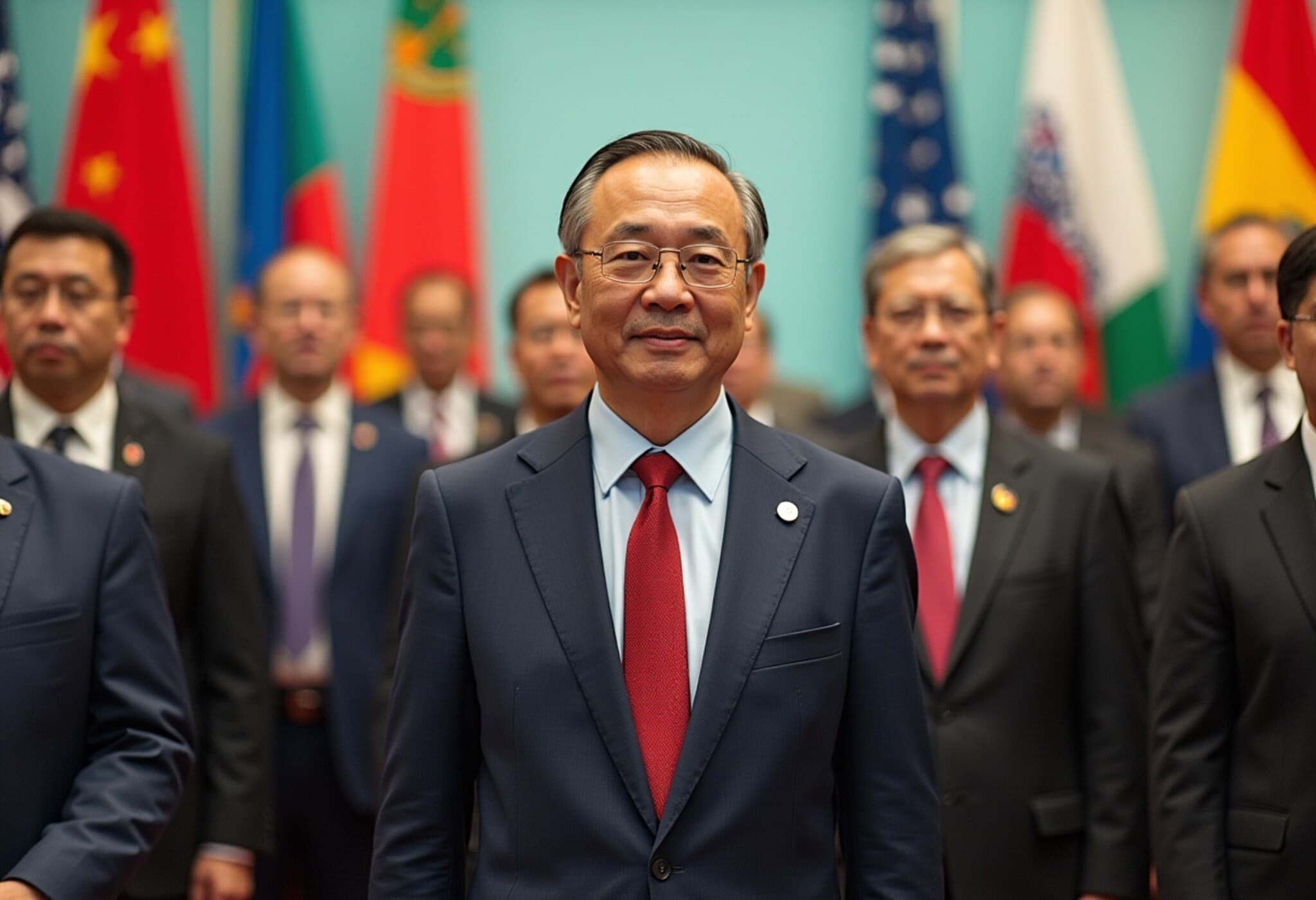US Treasury Chief Scott Bessent Advises Elon Musk to Focus on Business
In the wake of Elon Musk's announcement to form a new political party, the "America Party," aimed at challenging Republican lawmakers who supported the recent tax-cut and spending legislation, U.S. Treasury Secretary Scott Bessent has urged the Tesla and SpaceX CEO to concentrate on his corporate responsibilities rather than political ambitions.
Musk’s Political Move and Its Ripple Effect
Elon Musk’s decision came as a direct response to former President Donald Trump’s recently enacted "big, beautiful bill" on tax cuts and increased spending, a piece of legislation Musk contends will jeopardize the country’s fiscal health. This unexpected political pivot has not only stirred controversy but also prompted investment firms to reconsider partnerships tied to Musk’s ventures.
- Azoria Partners, an investment firm poised to launch a Tesla-linked exchange-traded fund (ETF), announced the postponement of the fund's debut. The firm cited Musk’s creation of a political party as conflicting with his duties as Tesla’s CEO.
- James Fishback, CEO of Azoria, publicly expressed concerns, urging Tesla’s board to evaluate Musk’s political pursuits alongside his executive role.
Expert Perspectives and Corporate Governance Concerns
During a Sunday appearance on CNN’s State of the Union, Treasury Secretary Bessent highlighted potential unease within Musk’s corporate boards, suggesting they likely prefer he prioritize his leadership roles at Tesla and SpaceX.
“I imagine that those boards of directors did not like this announcement yesterday and will be encouraging him to focus on his business activities, not his political activities,” Bessent remarked.
This sentiment underscores a broader tension between high-profile CEOs’ growing political engagements and their fiduciary responsibilities to shareholders and companies. Experts caution that diverting attention from core business operations can impact both company performance and investor confidence.
Tensions with Former President Trump and Policy Implications
Once a close adviser to Trump on government downsizing, Musk’s relationship with the former president has cooled significantly amid disagreements over the newly signed federal budget bill. Notably, the bill reduces green-energy credits benefiting Tesla, igniting Musk’s criticism.
Trump has retaliated by threatening to withdraw billions in government contracts and subsidies from Tesla and SpaceX, escalating a high-stakes clash between politics and business interests.
Economic and Political Context
The legislation in question, passed on party-line votes, boosts defense and border security spending while cutting taxes. Critics argue it will exacerbate the federal deficit and strain the U.S. economy. Conversely, Trump administration officials, including Stephen Miran, chairman of Trump’s Council of Economic Advisers, defend the bill as a catalyst for economic growth.
Bessent offered an intriguing insight regarding Musk’s political influence, stating that while the Department of Government Efficiency (DOGE) initiative Musk championed enjoyed popularity, Musk himself does not necessarily command broad voter support.
Broader Implications for CEO Political Activism
Musk’s move reignites an ongoing debate about the role of corporate leaders in partisan politics. While many executives leverage their influence to shape policy, the balance between activism and business stewardship remains delicate.
Industry specialists emphasize that sustained political engagement could alienate investors, complicate regulatory relationships, and distract from innovation—particularly in strategic sectors like clean energy and aerospace where Musk’s companies operate.
Looking Ahead
As Musk’s new political endeavor unfolds ahead of the 2026 midterm elections, all eyes will be on how this unprecedented crossroads of technology entrepreneurship and political ambition affects not only his companies but also the broader political landscape.
Editor’s Note
Elon Musk’s venture into formal politics underscores the evolving role of influential business leaders in shaping American governance. This development raises critical questions: Can tech visionaries effectively wear the hat of political leaders without compromising their enterprises? How might investor confidence and shareholder value be impacted by such dual roles? As Musk challenges the established political order, the delicate balance between innovation, governance, and partisanship will come under increased scrutiny.

